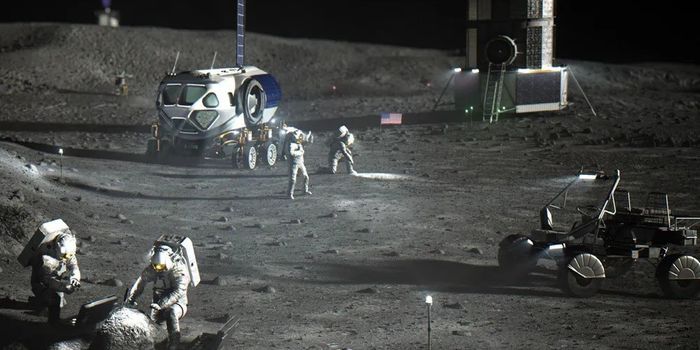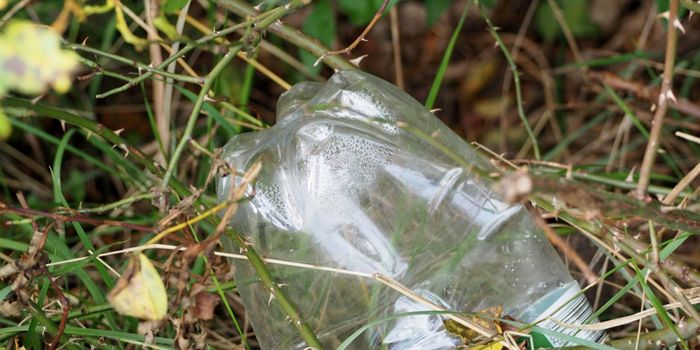Cyclone Idai devastates southern Africa
Devastation hit southern Africa from Cyclone Idai last week, which struck Mozambique, Malawi, and Zimbabwe and continues to wreak havoc on the region as flooding up to six meters deep washes away homes and people and leaves a humanitarian and logistical nightmare.
"This is shaping up to be one of the worst weather-related disasters ever to hit the southern hemisphere, if the report by [Mozambique's] president and other agencies are confirmed, in terms of the causality toll," Clare Nullis from the UN's weather agency told the BBC. According to Save the Children, an aerial survey of the region shows that 50 kilometers of land are under water after the Buzi river overflowed.
The UN estimates hundreds of thousands of people, if not millions, have been affected by the storm. The UN reported at least 1.7 million people in the direct path of Idai in Mozambique and 920,000 in Malawi. While the official death toll is currently 84 in Mozambique and 98 in Zimbabwe, officials are estimating over 1,000 people have lost their lives in the disaster and 100,000 more require urgent care or rescue near Beira, a port city in Sofala province of Mozambique where the cyclone struck with winds of up to 177 km/h (106 mph).
Flooding has cut off roads and power to the region surrounding Beira, making access to these areas almost impossible. "Main roads leading into Beira have been cut off, buildings have been submerged and severely damaged, and all business has been shut down," said the aid agency Medecins Sans Frontieres. “Medical activities in Beira hospital, in local health centers, and throughout the community have ceased completely."
Lurking behind the humanitarian crisis is the cause of such a severe storm: climate change. Mozambique and Zimbabwe are prone to flooding and do not have the infrastructure in place to deal with the aftermath of extreme tropical storms like Idai. Cyclones and storm events are expected to get worse as the atmosphere warms and is capable of holding more moisture.
"As the effects of climate change intensify, these extreme weather conditions can be expected to revisit us more frequently. The devastation wrought by Cyclone Idai is yet another wake-up call for the world to put in place ambitious climate change mitigation measures," said Muleya Mwananyanda, Amnesty International Deputy Regional Director for Southern Africa.









